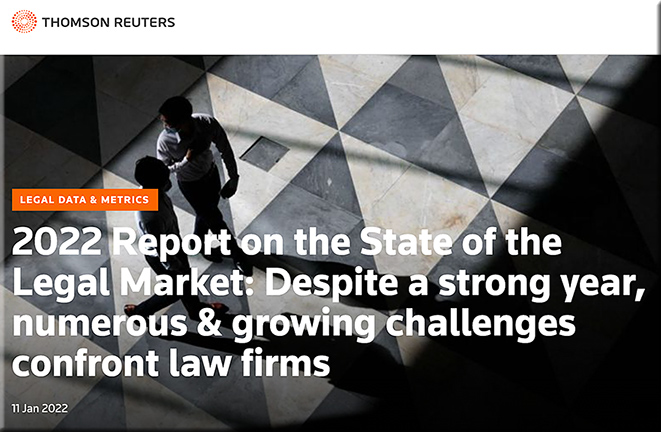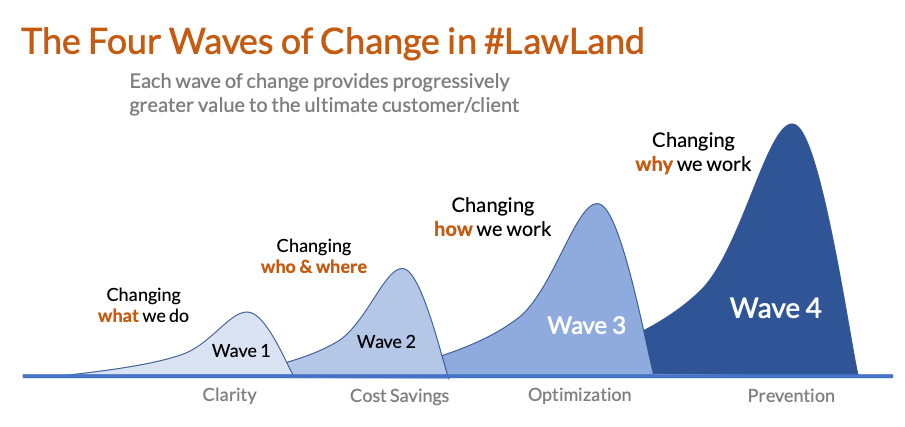RTO [Return To Office] – Will That Drive Partners (yes, partners) to Parachute Into Virtual Firms? — from lawandmore.typepad.com
There are options. One is joining a virtual firm. Another is launching one. To that startup, they can take both fellow partners as well as associates.
From DSC:
Along the lines of change within the legal realm, also see:
- Goodbye Big Law, Hello Fixed Fees + Legal Tech — from artificiallawyer.com
Those differences can be broadly grouped into three main areas: dumping the billable hour; more use and better use of technology when possible; and operating with far lower overheads.
- Reuters Legal News – No Paywall! No Onepass! Customizable Legal News — from legaltechmonitor.com by Jean O’Grady
- What Does The Metaverse Look Like For Law Firms? — from abovethelaw.com by Jared Correia











